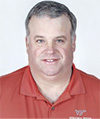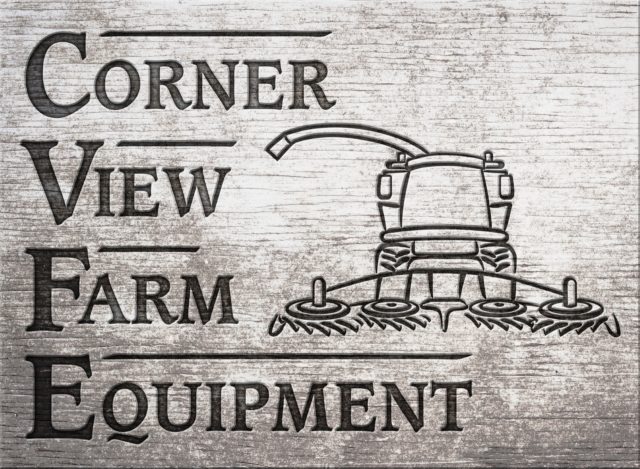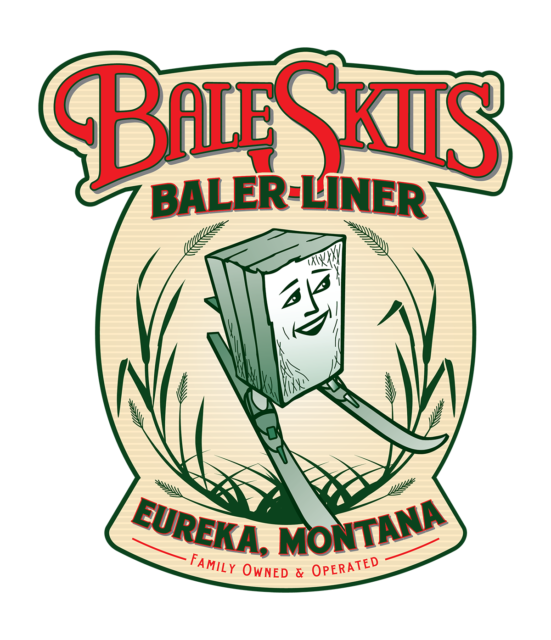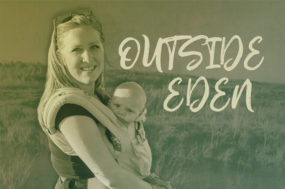Many young, bright farmers put in more and more hours, and have more and more capital invested in their private operations. The margins aren’t as robust as they were in my youth, and many segments of agriculture, and the young men and women who produce for them, understand full well the idea of the economy of scale. Bigger isn’t always better, but profitable is always better than broke! Successful farmers at any age understand that as the rules of the game change, you change with them or pack your bags. Some unintended causalities of this escalation are our agricultural organizations and communities.
An interesting and enlightening read that I often direct people to is Children of the Land: Adversity and Success in Rural America by Glen H. Elder Jr. and Rand D. Conger. The book follows Iowa farm children through their school and young adult lives and draws some powerful conclusions about the importance of agriculture as both an economic and social engine. What the authors found was that as children left the farms and fields of rural America to seek employment elsewhere, the entire community suffered. School attendance and academic performance dropped, civic and religious leadership dried up, and the sense of pride in family and home dimmed to a faint flicker, leading to increased crime rates and incarceration percentages.
Downsizing the number of people engaged in production agriculture has also been paralleled with the growth of non-farm citizenry and the birth of social media. The need for ag leadership and all the positive descriptors we started this message with is greater than ever. The time of the sentiment “just let me produce” is past. We all have a role to play in how agriculture is perceived and how accepted our products are by our customers. Ask yourself this: How many farms do my neighbors drive past on their way to work? All the billboards in the world cannot replace the image of a person’s own experience. You don’t have to be a talented orator to make a difference; your road frontage speaks volumes.
Leadership does take time and sacrifice. Sitting on boards and councils eats up valuable time, but if you aren’t planning for a better world for your family and your farm, exactly what are you working for anyway? Last month, we visited about the need to groom the next generation of farmers. We saw how Norman Rockwell’s painting “The County Agent” taught us to focus on the youth and their future. The same is true for ag leadership. It isn’t the young farmers’ fault that there is a void in ag leadership. No problem is fixed by assigning blame. Assessing situations and acting accordingly to repair them fixes problems. Young farmers may not feel compelled to lead because there are real roadblocks to their leadership.
In the Virginia Cooperative Extension, we have an excellent program offering called Innovative Leadership. The sixth module addresses topics relating to effective leadership, such as communication, building partnerships and assessing community strengths and weaknesses. I have been a trainer in this program for several years now, and I always close the sixth session with an admonishment. The difference between a good and a great leader isn’t known until after that leader’s years of service. A good leader directs a successful group. A great leader also has success but, moreover, leaves the group in the hands of capable and fully supported leaders of the future.
Consider the refrigerator in your kitchen. If or when you had small children, no doubt their artwork found its way to the refrigerator door. Perhaps it was only a single color, and the wild circles and lines represented a theme known only to you and your child, but their work was their own, and we posted it to make them feel special and appreciated. We honored them by holding up their work. We instilled pride, ownership and a sense that they had something to contribute. Their efforts mattered.
I know of no one who shops for artwork to place on the refrigerator. The refrigerator is reserved for true treasures and family heirlooms that bring joy and pride no outsider’s brush could generate. So to the current leaders of agriculture, I offer this thought and challenge: Whose art are you going to honor on the refrigerator of your organization? FG
Andy Overbay holds a Ph.D. in ag education and has more than 40 years of hands-on dairy and farming experience.










